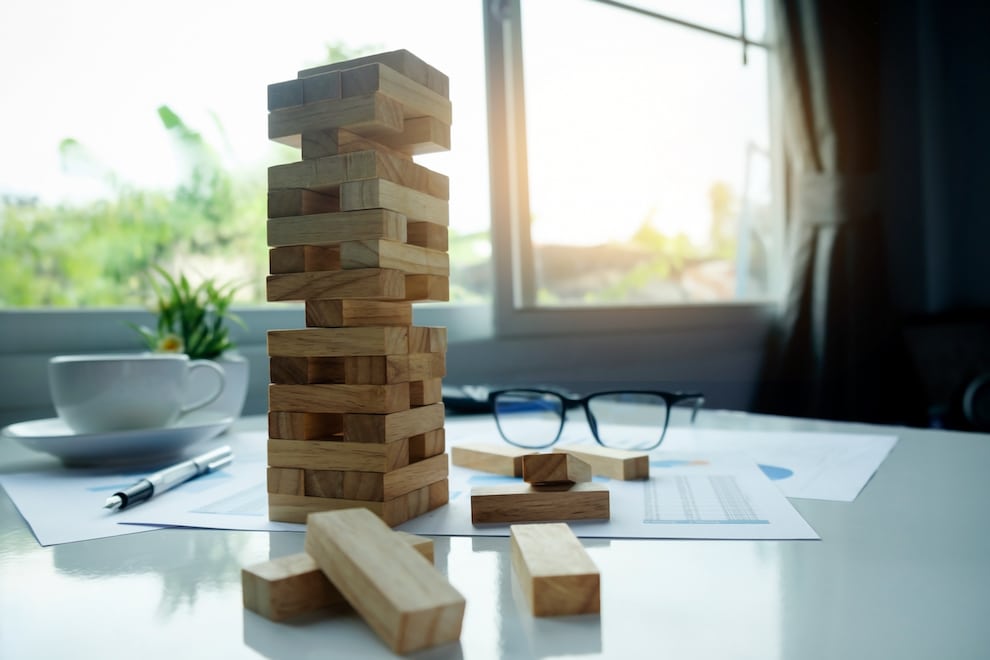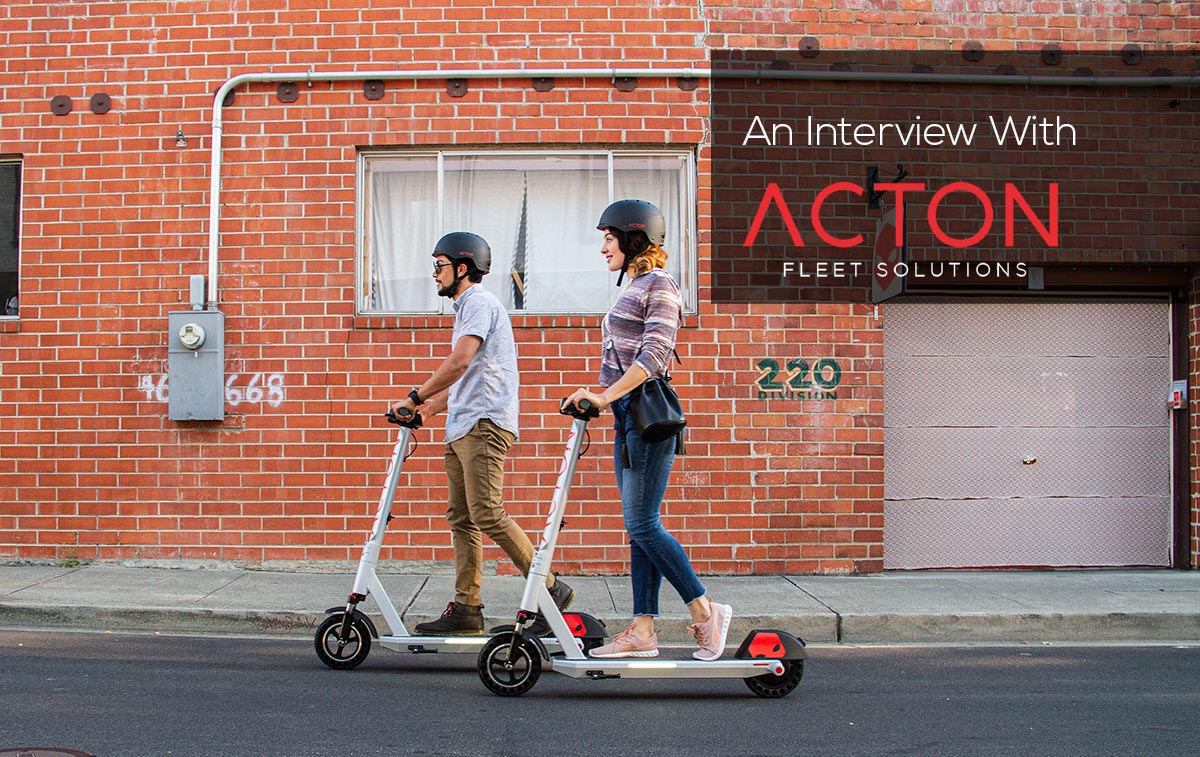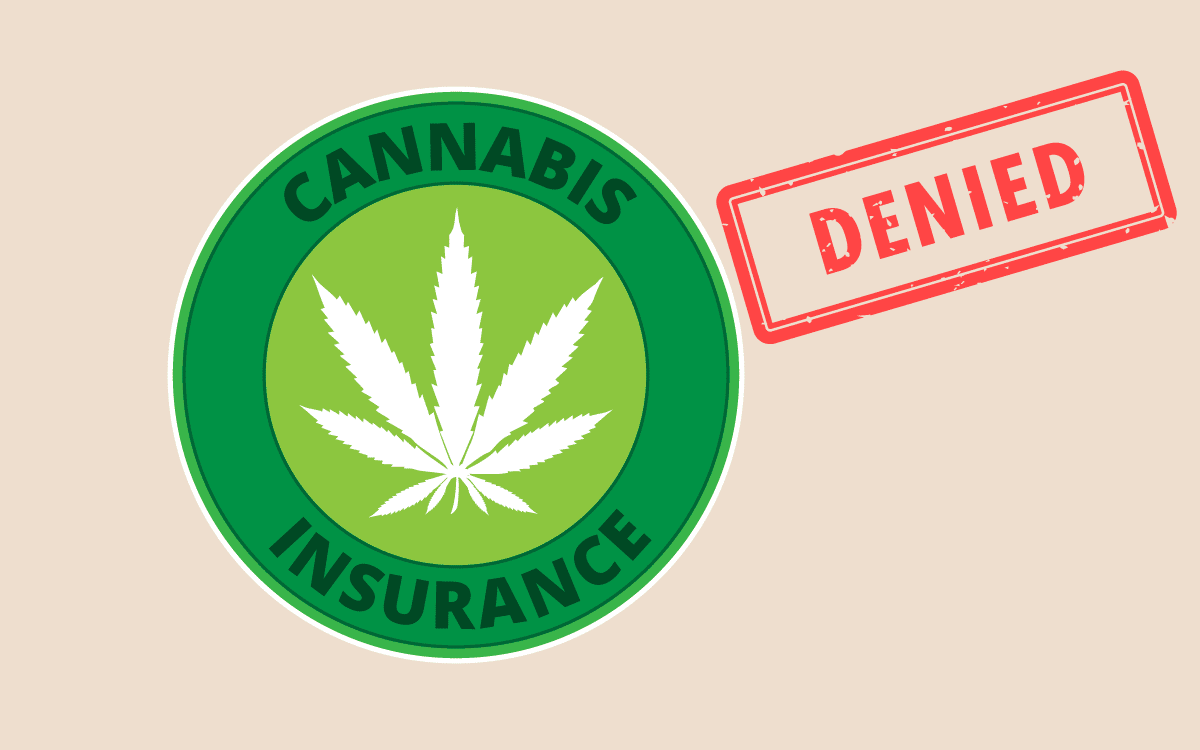Key Takeaways
Product liability insurance is an extremely important piece to the risk management puzzle, particularly for startups that sell a tangible product. Usually included in a General Liability policy (though sometimes offered standalone), product liability insurance protects your company from liability lawsuits related to bodily injury or property damage caused by product defects.
Whether you’re e-commerce or brick and mortar, manufacturing in-house or outsourcing, here’s why you need to think about products liability early on.
1. Likelihood of claims
This article pretty much sums up the likelihood of a claim. The general mantra of a lawyer is sue everyone involved, and for a product liability lawsuit that means everyone in the “chain of distribution.” The chain includes the product manufacturer, distributor, retailer, shipping/freight companies, and anyone else that touched to product on its way to the consumer’s home.
In the event of a lawsuit, it’s important to note that while not all parties mentioned will ultimately be deemed liable, the legal process requires all named entities to engage in the battle to determine their status as defendants. This legal skirmish can lead to accumulating substantial legal expenses. To safeguard against such financial burdens, having a robust product liability insurance policy, especially tailored for dietary supplements, becomes crucial.
2. Outsourcing doesn’t matter
Partially for reasons stated above, outsourcing your manufacturing efforts doesn’t matter. If you’re in the chain of distribution there is an exceedingly good chance you’ll end up a named defendant.
It gets worse for companies outsourcing to foreign manufacturers as startups often do. Chances are if your manufacturer is based in China, you will be come the “de facto” manufacturer for the purpose of products liability lawsuits.
Even if you outsource locally (i.e. within the US), the same will apply if your name/label is on the product. However, you’ll likely be able to share the burden with the actual manufacturer in this scenario. For additional information on mitigating these risks, check out our article on insurance for ecommerce.
3. Size/Frequency of claims
If you google “product liability settlement amounts,” the first several results you’ll see are law firms showcasing their biggest wins for product liability lawsuits and class actions. This is an area ripe for hungry lawyers to make a name…and some serious cash.
Lawyers will generally go after about 5x whatever the actual/hard costs of the injury were but could be as high as 100x. They’ll look to incorporate hospital and home care bills, lost wages, out of pocket expenses, and pain and suffering into that base number.
It’s easy to see how these settlements can add up. Furthermore, the size of product liability settlements overall has trended up through 2014. This kind of payout can be a finishing blow to a startup, but a good product liability insurance policy can cover the cost of a settlement.









